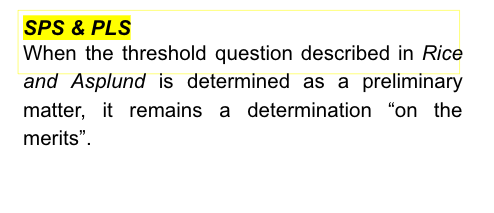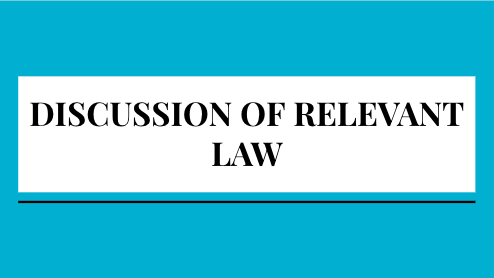- · 4780 friends
Parents Dispute Over Parental Responsibility for Vaccination

Garza & Hammill [2022] FedCFamC1A 142 (8 September 2022)

The parties are in dispute over the discrete issue of parental responsibility for COVID-19 vaccines. The primary judge dismissed the father’s application for fresh parenting orders. The Court, in making its orders, relied upon Rice and Asplund principles.

Facts
The primary judge made orders restraining the mother from causing any COVID-19 booster vaccines to be administered to [the child] born [date] is discharged. The father’s Application filed on 4 March 2022 is dismissed and the proceedings are removed from the Active Pending Cases List. The second order dismissed the father’s application for fresh parenting orders, filed a month beforehand in March 2022, and the first order discharged an interim injunction made about a week afterward whilst the father’s fresh application was still pending. The Initiating Application filed by the father had sought orders in these terms: Orders identical to the present Orders but with an added sentence of: “[The child] cannot be given an mRNA or a Viral Vector mRNA vaccine or medical treatment unless both parents discuss and consent to it.”
The “present Orders” in relation to the subject child, to which the father’s application for relief refers, were those made consensually on 11 January 2019 by Loughnan J, providing for the mother to have sole parental responsibility for the child, for the child to live with the mother, and for the child to spend limited amounts of time with the father. The new order sought by the father was repugnant to the existing order conferring the mother with exclusive parental responsibility for the child, investing her with the authority to unilaterally decide if, when, and how the child would be vaccinated. The mother seeks the dismissal of the application, arguing that there has not been a sufficient change of circumstance to warrant reopening the issue of parental responsibility.
Given the father’s fresh application could be entertained within a month of it being filed, the mother agreed to submit to an interim injunction restraining her from causing the child to have any further vaccination pending the hearing before the primary judge in April 2022. The father contended several significant changes had occurred since the orders were last made in January 2019, which warranted the additional order he sought. The primary judge recorded the asserted changes to be these: the existence of the COVID-19 pandemic; the approval of vaccines by health authorities on only a provisional basis; and the mother allegedly taking a cavalier approach to the child’s health by causing her to be vaccinated twice in January and March 2022 without consulting him.
The primary judge was not satisfied that there are changed circumstances that warrant a rehearing of the matter or even a small consideration of the discrete issue of parental responsibility for COVID-19 vaccines, especially in circumstances where the child has already received her first two vaccinations.

Issue
Whether or not the primary judge correctly applied the Rice v Asplund principles.

Applicable law
Rice and Asplund (1979) FLC 90-725; [1978] FamCA 84 - provides that in order to justify the review of an earlier custody order, the applicant must satisfy the court that there has been substantial change in the circumstances since that earlier order.



Analysis
The complaint which is integral to each of these grounds is that the primary judge ignored or disregarded the submissions made by the father in support of his application. The primary judge was familiar with the material upon which the father relied and the submissions he made. The hearing was then stood down to allow the mother’s representative to read the documents recently filed by the father. Upon resumption, the primary judge explained the regular procedure to the father.
The father made further oral submissions, followed by submissions made by the mother’s lawyer, followed by the father making further oral submissions in reply. Even after that, the father and the mother’s lawyer had more things to say. The primary judge adjourned at 12.57 pm and, upon resumption at 2.36 pm, gave ex tempore reasons for judgment and pronounced the orders. The submissions made by the father were neither ignored nor disregarded – they simply failed to persuade the primary judge.
The submissions made by the father in the appeal reveal his criticism of the primary judge for not specifically mentioning in the reasons for judgment all of the reasons he had advanced for why the child should not be vaccinated, but that approach betrays his misunderstanding of the problem confronting the primary judge. Her Honour was not making a decision about whether or not the child should be vaccinated. Rather, her Honour was only deciding if material changes had been demonstrated so as to warrant a further hearing about whether another order should be made to vary or override the mother’s existing exclusive parental responsibility for the child. Whilst ever she held exclusive parental responsibility, it was her decision about whether or not the child was vaccinated. The father might have perceived the controversy to be about the child’s vaccination, but the real controversy was whether the mother should be able to retain and exercise her sole parental responsibility for vaccination decisions related to the child.
Conclusion
The appeal is dismissed. The appellant is ordered to pay the respondent’s party/party costs of and incidental to the appeal, fixed in the sum of $1,980.

















